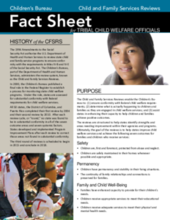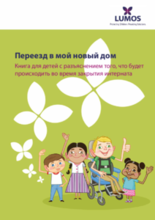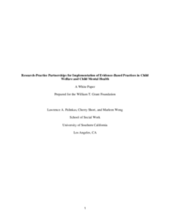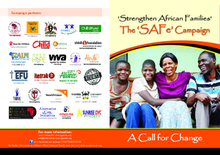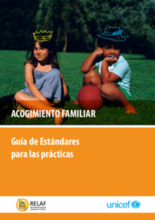Displaying 1811 - 1820 of 2221
This thesis paper employed qualitative methods to capture the online interaction of undergraduate volunteers as part of an undergraduate-student mentorship program. This program was developed to provide mentorship and tutoring for at-risk-youth at a foster care institution.
This factsheet looks at whether States in the US are following best practices in regards to the Indian Child Welfare Act, such as notification of Tribes and placement preferences. Findings from the Reviews are presented.
The purpose of this paper is to explore negative peer interactions in foster care.
Целью этой книги является объяснить детям то, что их ожидает во время закрытия интерната.
This paper reviews the literature on foster care and explains the issues that foster children in Canada experience.
This paper addresses the disconnect between research and practice in regards to child welfare and child mental health services in the US.
This Call for Change from the ‘SAFe’ Campaign in Uganda provides an overview of the situation of orphaned and vulnerable children in Uganda, highlights key concerns related to this situation, and outlines ways forward for strengthening families.
This article, based on research in progress, discusses possible dangers of child abandonment and neglect in Lesotho, using attachment theory as its theoretical grounding.
In this film, Charell shares the story of foster care and how she broke free from the cycle that trapped her parents.
Esta Guía, escrito en español, es una herramienta diseñada para colaboración con profesionales quienes trabajan en la implementación y manejo de programas de acogimiento familiar en América Latina.

